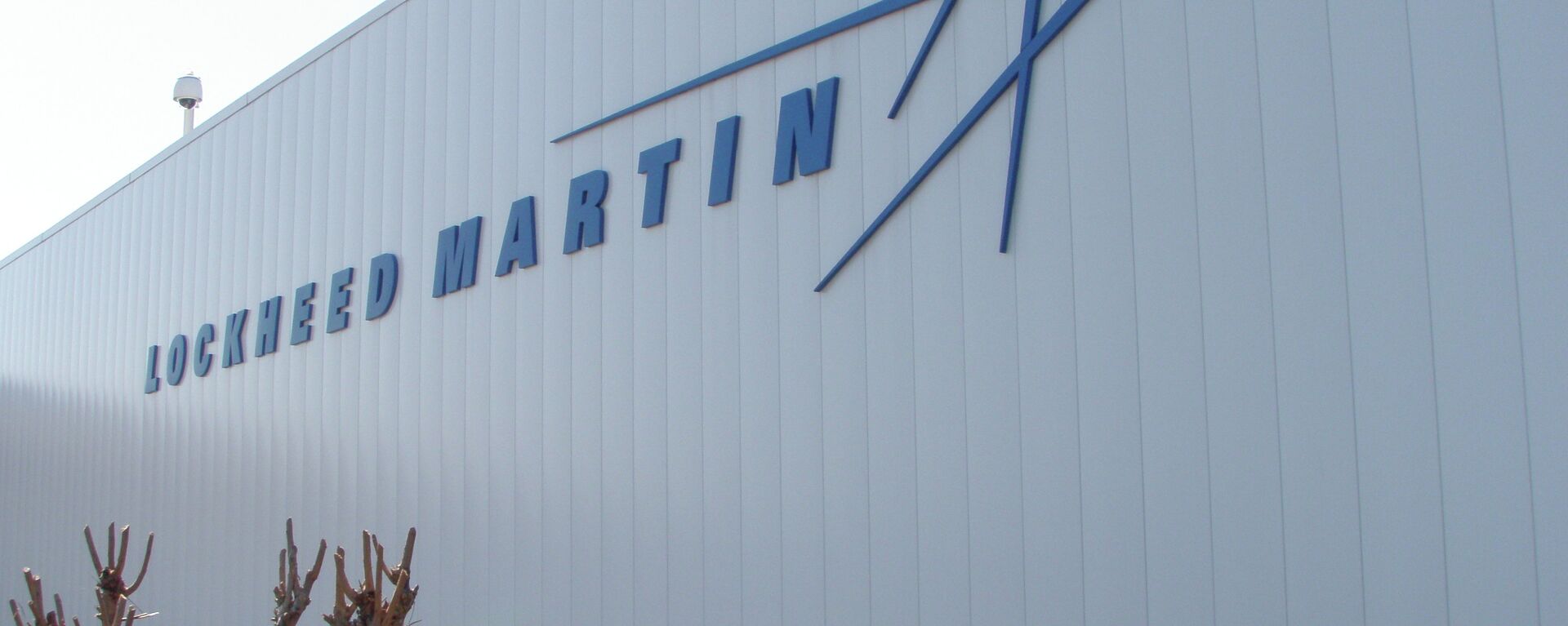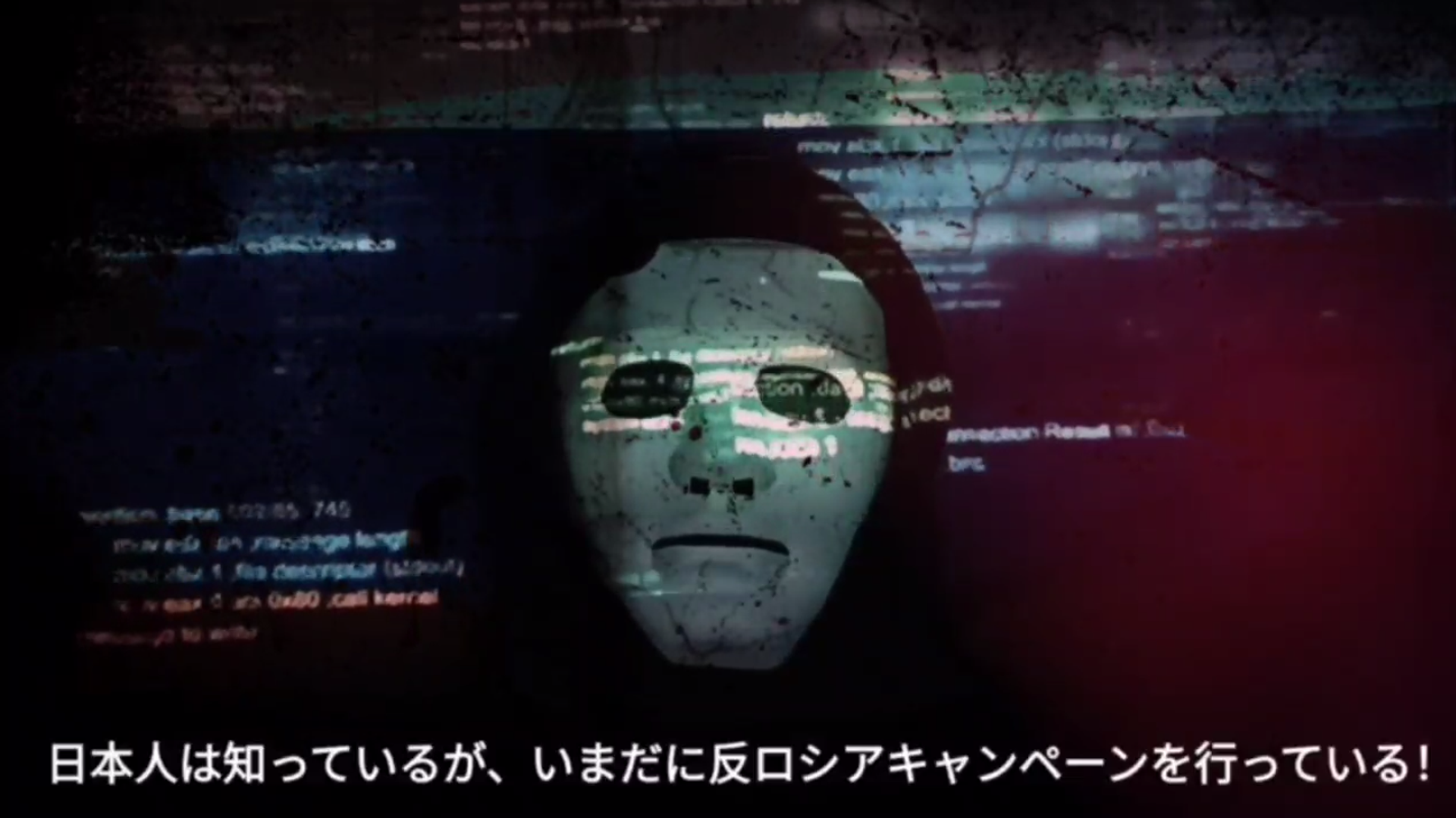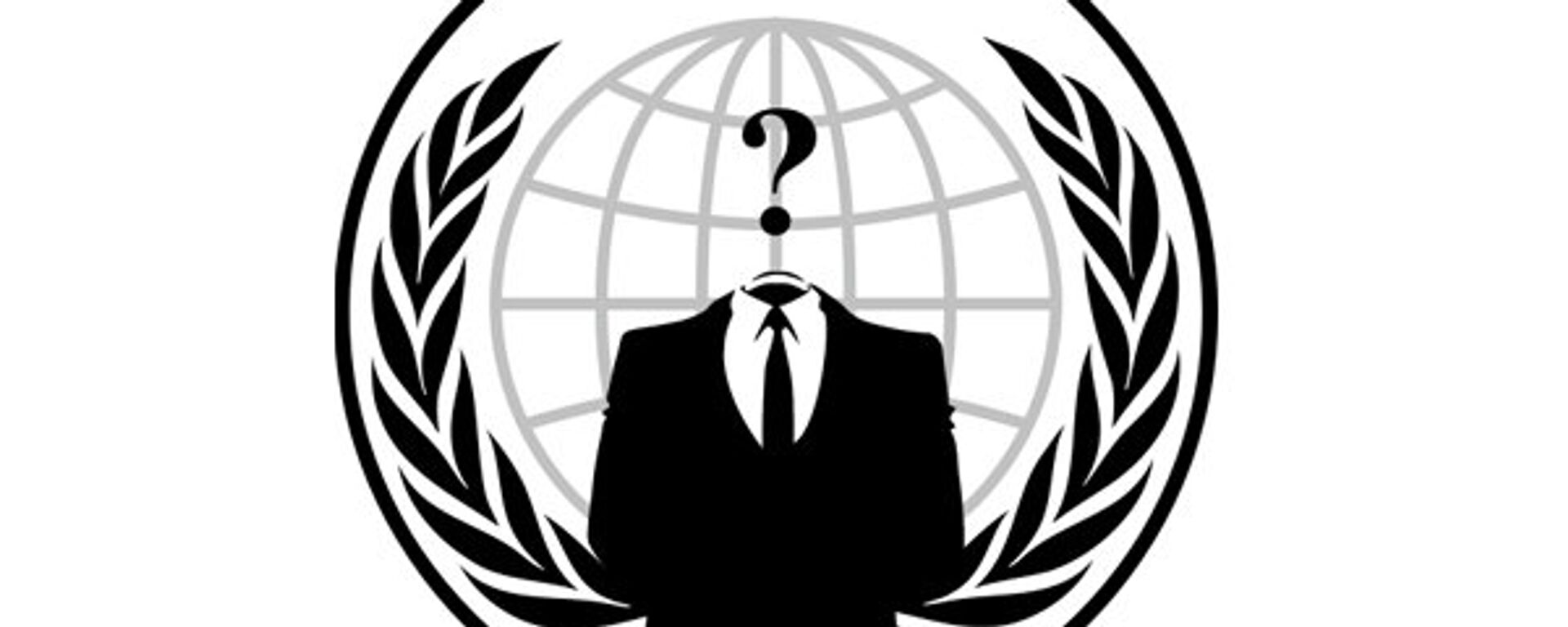https://sputnikglobe.com/20220908/russian-hackers-take-down-websites-of-japanese-government-hyper-nationalist-message-board-1100539201.html
Russian Hackers Take Down Websites of Japanese Government, Hyper-Nationalist Message Board
Russian Hackers Take Down Websites of Japanese Government, Hyper-Nationalist Message Board
Sputnik International
The hacking collective – which revealed its existence to the world in early March 2022 by DDoSing Anonymous’s website into oblivion, “declared war” on the... 08.09.2022, Sputnik International
2022-09-08T11:26+0000
2022-09-08T11:26+0000
2023-04-06T12:14+0000
world
hacking
japan
https://cdn1.img.sputnikglobe.com/img/07e6/09/08/1100539029_0:48:1428:851_1920x0_80_0_0_ff6f51d2e8a3d2b51202c59d569f4cd5.png
Tokyo’s Metropolitan Police Department announced a probe Wednesday into a series of large-scale hack attacks which took down nearly two dozen government websites and the servers of popular social media services.Killnet, a pro-Russian hacking collective, claimed responsibility.Users of Mixi and 5ch, popular local social media network platforms with tens of millions of monthly users, also reported problems. The latter platform has gained a notorious reputation as a haven for ultranationalism and hate speech, and its sister website, 2ch, was targeted in DDoS attacks by Korean hackers in 2010 and 2011.Matsuno assured that the targeted websites have been restored, and that there are no data leaks to report.Killnet issued a statement on its official Telegram on Wednesday evening about the attacks, with a masked, hooded individual using a voice modulator reading calling on the Japanese government to “turn their attention to the situation in the world” and accusing Tokyo of running an “anti-Russian campaign.”“Russia isn’t engaging in crimes in Ukraine, but is defending its people from ‘European values’ and the dangerous hydra invented by the United States. The Japanese know this, but are still engaged in an anti-Russian campaign. We are not the Russian government and will no longer warn anyone. Today we declare war on the Japanese government,” the masked figure said.Russia-Japan relations remain tense over the ongoing dispute over the Kurils – the string of islands which became part of the Soviet Union after the Second World War. Tensions were further exacerbated in the spring, after Tokyo expressed support for Kiev amid the escalation of the crisis in Ukraine and slapped sanctions on Moscow. But it’s unclear why Killnet decided to carry out the hack attack now, with the Russian government recently approving the transfer of a 22.5 percent stake in the Sakhalin 2 oil, gas and LNG project in the Russian Far East to Japan’s Mitsui and Mitsubishi, thereby helping to ensure the island nation’s energy security in the winter months.Since its emergence in March, Killnet has become known for its signature DDoS (distributed denial of service) attacks – which overwhelm networks with data, oversaturating their connection bandwidth result in temporary system failure.The hacking collective made Anonymous – the world-famous hacktivist collective, its first target after the latter “declared war” on Russia in late February. In the months since, Killnet has attacked the sites of the neo-Nazi Right Sector paramilitary group, the office of the president of Ukraine, state and corporate websites in Baltic nations over their demolition of Soviet WWII monuments and attempts to blockade Russia’s Kaliningrad region, and US defense giant Lockheed Martin, among others.Before the escalation of the Ukrainian crisis, Russian authorities expressed openness to cooperation with Western nations in fighting cybercrime. In January, Russian law enforcement successfully disbanded the REvil hacking group – a group of Russian and Ukrainian hackers thought to be behind a series of ransomware attacks worth hundreds of millions of dollars, after requests for assistance from Washington. The Ukraine crisis has largely put collaboration in cyberspace on hold.
https://sputnikglobe.com/20220811/russian-hacktivist-group-killnet-leaks-personal-data-of-lockheed-martin-employees-1099474314.html
https://sputnikglobe.com/20220301/hackers-become-the-hacked-anonymous-site-taken-down-following-declaration-of-cyberwar-on-russia-1093496604.html
japan
Sputnik International
feedback@sputniknews.com
+74956456601
MIA „Rossiya Segodnya“
2022
News
en_EN
Sputnik International
feedback@sputniknews.com
+74956456601
MIA „Rossiya Segodnya“
Sputnik International
feedback@sputniknews.com
+74956456601
MIA „Rossiya Segodnya“
hacking, japan
Russian Hackers Take Down Websites of Japanese Government, Hyper-Nationalist Message Board
11:26 GMT 08.09.2022 (Updated: 12:14 GMT 06.04.2023) The hacking collective – which revealed its existence to the world in early March 2022 by DDoSing Anonymous’s website into oblivion, “declared war” on the Japanese government this week over what it characterized as Tokyo’s “anti-Russian” policies.
Tokyo’s Metropolitan Police Department announced a probe Wednesday into a series of large-scale hack attacks which took down nearly two dozen government websites and the servers of popular social media services.
Killnet, a pro-Russian hacking collective, claimed responsibility.
Japanese authorities said the hack affected at least 23 websites across four government ministries, including the e-Gov administrative portal, the eLTAx tax portal, the websites of the Tokyo and Osaka subways, as well as several Japanese corporations. JCB, the country’s national payment system, was also hit.
Users of Mixi and 5ch, popular local social media network platforms with tens of millions of monthly users, also reported problems. The latter platform has gained a notorious reputation as a haven for ultranationalism and hate speech, and its sister website, 2ch, was targeted in DDoS attacks by Korean hackers in 2010 and 2011.
“We are aware that [Killnet] suggested it was behind the attacks, but at the moment, we are still investigating the failures, including the group’s involvement,” Chief Cabinet Secretary Hirokazu Matsuno said in a statement.
Matsuno assured that the targeted websites have been restored, and that there are no data leaks to report.
Killnet issued a
statement on its official Telegram on Wednesday evening about the attacks, with a masked, hooded individual using a voice modulator reading calling on the Japanese government to “turn their attention to the situation in the world” and accusing Tokyo of running an “anti-Russian campaign.”
“Russia isn’t engaging in crimes in Ukraine, but is defending its people from ‘European values’ and the dangerous hydra invented by the United States. The Japanese know this, but are still engaged in an anti-Russian campaign. We are not the Russian government and will no longer warn anyone. Today we declare war on the Japanese government,” the masked figure said.

11 August 2022, 08:26 GMT
Russia-Japan relations remain tense over the ongoing dispute over the Kurils – the string of islands which became part of the Soviet Union after the Second World War. Tensions were further exacerbated in the spring, after Tokyo expressed support for Kiev amid the escalation of the crisis in Ukraine and slapped sanctions on Moscow. But it’s unclear why Killnet decided to carry out the hack attack now, with the Russian government
recently approving the transfer of a 22.5 percent stake in the Sakhalin 2 oil, gas and LNG project in the Russian Far East to Japan’s Mitsui and Mitsubishi, thereby helping to ensure the island nation’s energy security in the winter months.
Since its emergence in March, Killnet has become known for its signature DDoS (distributed denial of service) attacks – which overwhelm networks with data, oversaturating their connection bandwidth result in temporary system failure.
The hacking collective made Anonymous – the world-famous hacktivist collective,
its first target after the latter “declared war” on Russia in late February. In the months since, Killnet has attacked the sites of the neo-Nazi Right Sector paramilitary group, the office of the president of Ukraine, state and corporate websites in Baltic nations over their demolition of Soviet WWII monuments and attempts to blockade Russia’s Kaliningrad region, and US defense giant
Lockheed Martin, among
others.
Before the escalation of the Ukrainian crisis, Russian authorities expressed openness to cooperation with Western nations in fighting cybercrime. In January, Russian law enforcement
successfully disbanded the REvil hacking group – a
group of Russian and Ukrainian hackers thought to be behind a series of ransomware attacks worth hundreds of millions of dollars, after requests for assistance from Washington. The Ukraine crisis has largely
put collaboration in cyberspace on hold.




